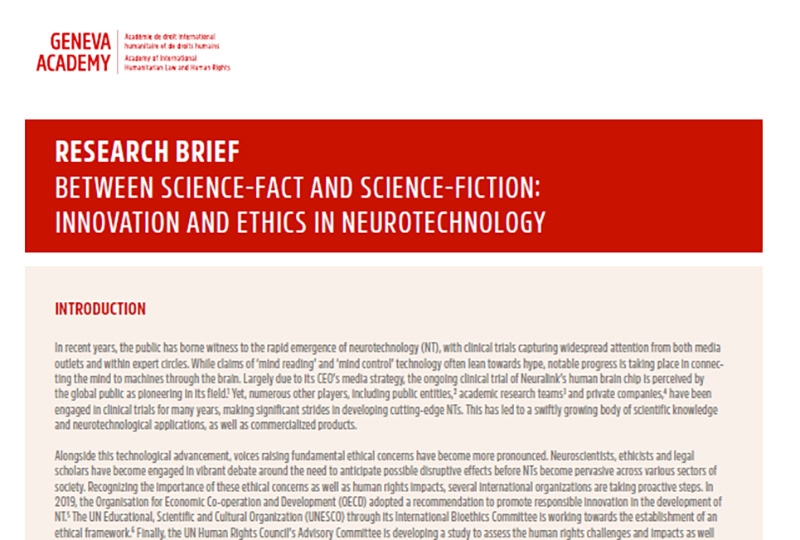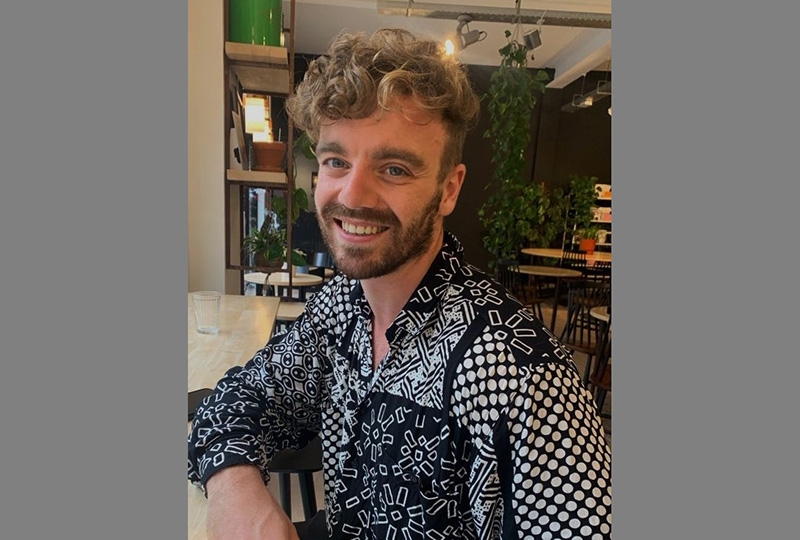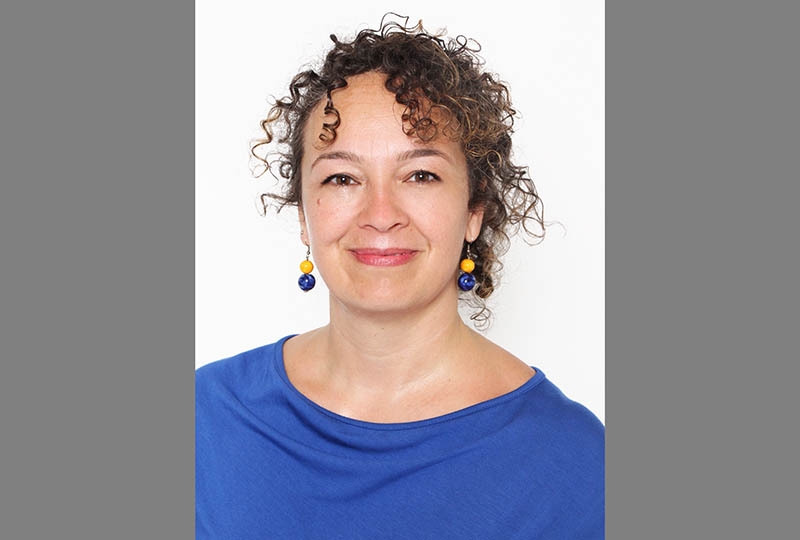28 May 2024
Rapid advances in neurotechnology (NT) have highlighted the need for a robust regulatory framework that can simultaneously foster innovation and protect human rights. This is a main finding of our latest research brief 'Between Science-Fact and Science-Fiction: Innovation and Ethics in Neurotechnology', authored by Associate Researcher Timo Istace and Research Fellow Milena Costas Trascasas. 'One challenge in this regard is that promoting a clear narrative what neurotechnology can (and might in the future) deliver has been obfuscated by an increase media-driven hype', explains Timo Istace. 'Understanding the functioning, applications and realistic prospects of NTs, while distinguishing between scientific advancements and speculative narratives, is crucial for effective regulation', he added.
The paper discusses the current state of neurotechnology, and demonstrates how innovations in medical science are transforming the lives of individual suffering from neurological disease, paralysis and mental health disorders. Such advances have rapidly carried over to the commercial sector, with companies investing significant resources into the development of neurotechnology for gaming, lifestyle devices and marketing. Other trends that should be monitored include how neurotechnology might be used in the workplace and education sector, including to boost productivity, facilitate problem solving and promote staff/student wellbeing. On the flipside, such technology creates scope for increased surveillance, and/or to be used for punitive purposes or to discriminate. 'For these reasons, we must anticipate the possible disruptive effects before neurotechnology become pervasive across various sectors of society', noted Erica Harper, Head of Research and Policy at the Geneva Academy.







